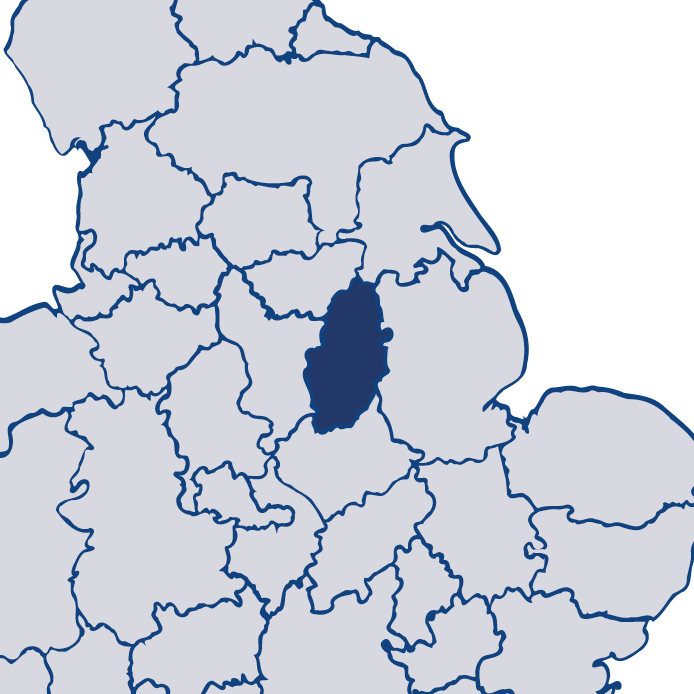Nottinghamshire 2017
Read more about NottinghamshireThis is HMICFRS’ fourth PEEL (police effectiveness, efficiency and legitimacy) assessment of Nottinghamshire Police. PEEL is designed to give the public information about how their local police force is performing in several important areas, in a way that is comparable both across England and Wales, and year on year. The assessment is updated throughout the year with our inspection findings and reports.
The extent to which the force is effective at keeping people safe and reducing crime is good.
The extent to which the force is efficient at keeping people safe and reducing crime requires improvement.
The extent to which the force is legitimate at keeping people safe and reducing crime is good.
HMI's observations
Read my assessment of Nottinghamshire Police below.
I am satisfied with most aspects of Nottinghamshire Police’s performance in keeping people safe and reducing crime, but the force needs to make further improvements to provide a consistently good service.
I am very pleased to see improvements in the force’s approach to preventing crime and anti-social behaviour, and progress in identifying vulnerable people through its control room. However, lack of officer availability sometimes compromises its response to incidents involving vulnerable people, particularly victims of domestic abuse.
The force has improved its financial planning since 2016 and made progress on aligning demand with restructuring its workforce. Its continuing commitment to an increase in officer numbers means that it needs to identify future demand and capabilities, and analyse emerging priorities.
The force treats members of the public with fairness and respect, and it is addressing the areas for improvement in treatment of its workforce that we highlighted in our previous inspection.
Overall, I commend Nottinghamshire Police for the significant progress it has made since last year, and will continue to monitor the force’s progress in areas where there is still more to do.
Effectiveness
How effective is the force at keeping people safe and reducing crime?
Efficiency
How efficient is the force at keeping people safe and reducing crime?
Legitimacy
How legitimate is the force at keeping people safe and reducing crime?
Other inspections
How well has the force performed in our other inspections?
In addition to the three core PEEL pillars, HMICFRS carries out inspections of a wide range of policing activity throughout the year. Some of these are conducted alongside the PEEL inspections; others are joint inspections.
Findings from these inspections are published separately to the main PEEL reports, but are taken into account when producing the rounded assessment of each force's performance.






